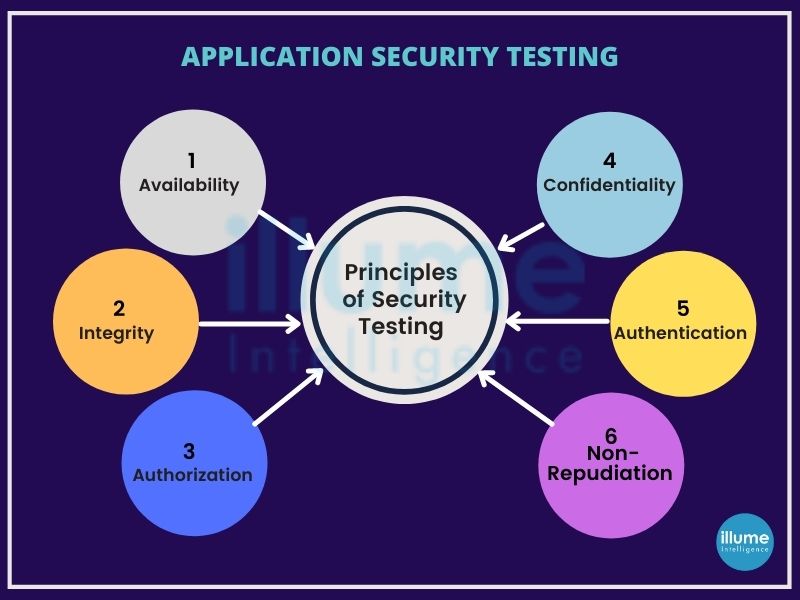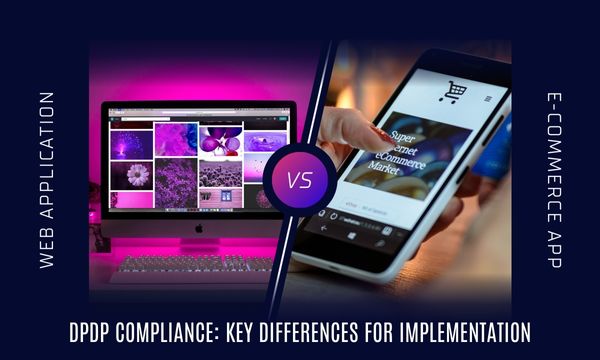Making applications better resistant to threats with Application Security Testing
Application security testing is the process of making applications more resistant to security threats, by identifying the vulnerabilities. The applications with flaws are susceptible to cyber threats no matter any security policy you apply. Hence the source code has to be secured by removing the flaws at the time of developing the applications.
initially, application security testing was a manual process. Due to growing threats, huge open source components and modularity of organisation's software, application security testing has become automated.
Application Security is not a single method or technology it is a set of best practices, functions, features etc. added to prevent and remediate cyber security threats for an organisation. Hence the organisations are using a combination of security tools.

Application Security Testing tools
Experts divide the application security tools into two broad categories: security scanning tools and runtime protection tools.
Security scanning tools are used to remediate vulnerabilities in the development. At the same time, runtime protection is used in production and is considered as an extra layer of protection, not as an alternative to scanning.
Static Application Security Testing (SAST)
SAST tools are used for white box testing, used to test application source code, binaries for coding and design flaws, etc. This examines the static source code and reports vulnerabilities.
Dynamic Application Security Testing (DAST)
DAST tools are used as the black box testing, executing the code and inspecting for security vulnerabilities and architectural weaknesses by simulating external attacks.
Interactive Application Security Testing (IAST)
IAST is a combination of the above two to detect a wide range of security weaknesses. These provide the root cause and details of the vulnerabilities making it easier for remediation.
Software Composition Analysis (SCA)
SCA tools help in automated scans of third-party and open source components used. SCA makes an inventory of all open source software and scans them for vulnerabilities to remediate to resolve security threats.
Runtime Application Self-Protection (RASP)
RASP evolved from the SAST, DAST and IAST. They can analyse application traffic and user behaviour at runtime, to detect and prevent cyber threats.
Why application security testing is crucial?
Applications have become important for every website and business.
Insecure application is a threat for the business as well as for the user. A business providing an online service or product has to make sure the application behaves correctly for the users.
All businesses need solutions for a safe online experience for their brand. We help in securing the enterprises and keeping them safe with our application security testing services.







